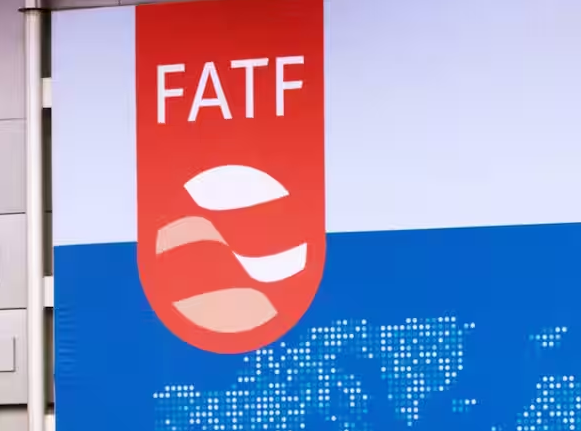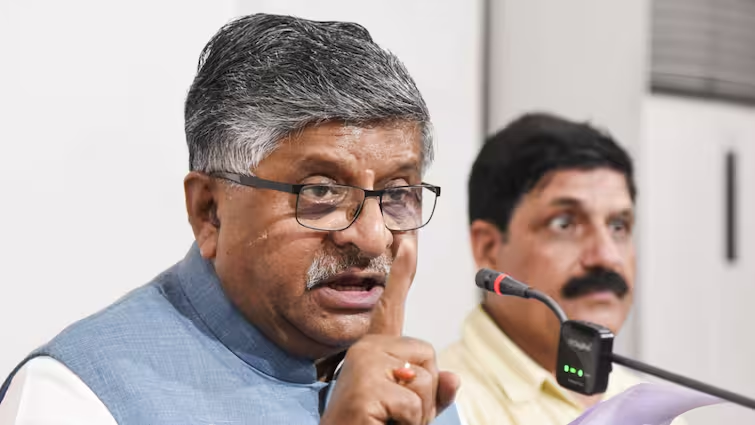North Korea, Iran, and Myanmar... These countries will remain in the FATF blacklist. know why this decision was taken?
- bySherya
- 25 Oct, 2025

The FATF warned that North Korea, Iran, and Myanmar remain on the blacklist, failing to curb terror funding and money laundering and posing a threat to the global financial system.
The FATF, the global watchdog against terrorism and money laundering, has once again warned that North Korea, Iran, and Myanmar remain high-risk countries. These countries have not only failed to enforce their anti-terrorism and money laundering laws but also pose a threat to the global financial system. The FATF stated that removing these countries from the blacklist does not grant them any license, and international financial institutions must exercise caution with them.
Being on the blacklist means financial institutions restrict their transactions and resource use with these countries, increasing pressure on them to improve their compliance with FATF standards. The FATF regularly reviews its list, but the three countries consistently remain among the high-risk sectors.
FATF reviews the progress of several countries
The FATF reviewed the progress of several countries in 2025, including Algeria, Angola, Bulgaria, Burkina Faso, Cameroon, Côte d'Ivoire, Democratic Republic of the Congo, Kenya, Lao PDR, Monaco, Mozambique, Namibia, Nepal, Nigeria, South Africa, South Sudan, Syria, Venezuela, and Vietnam. Of these, Burkina Faso, Mozambique, Nigeria, and South Africa have been removed from the FATF grey list.
FATF warning on Myanmar
Myanmar was blacklisted in October 2022 for failing to improve on its action plan. The FATF stated that if progress is not made by October 2025, stricter measures could be taken. According to the FATF, Myanmar has not completed most of its action plan's tasks even a year after the deadline. Some progress has been made, such as managing seized assets, but immediate action is still needed to address strategic deficiencies.
What is the reason for the action against Iran?
Iran has not yet completed its FATF action plan, launched in 2018. In October 2025, it passed legislation related to the UN's Counter Terrorism Financing Convention, but the FATF says key deficiencies remain. Following February 2020, Iran submitted status reports in January, August, and December 2024, and August 2025, but no significant changes were made.
FATF has appealed to all countries and financial institutions to take these high-risk countries and their financial transactions seriously, so that the global financial system remains safe.



